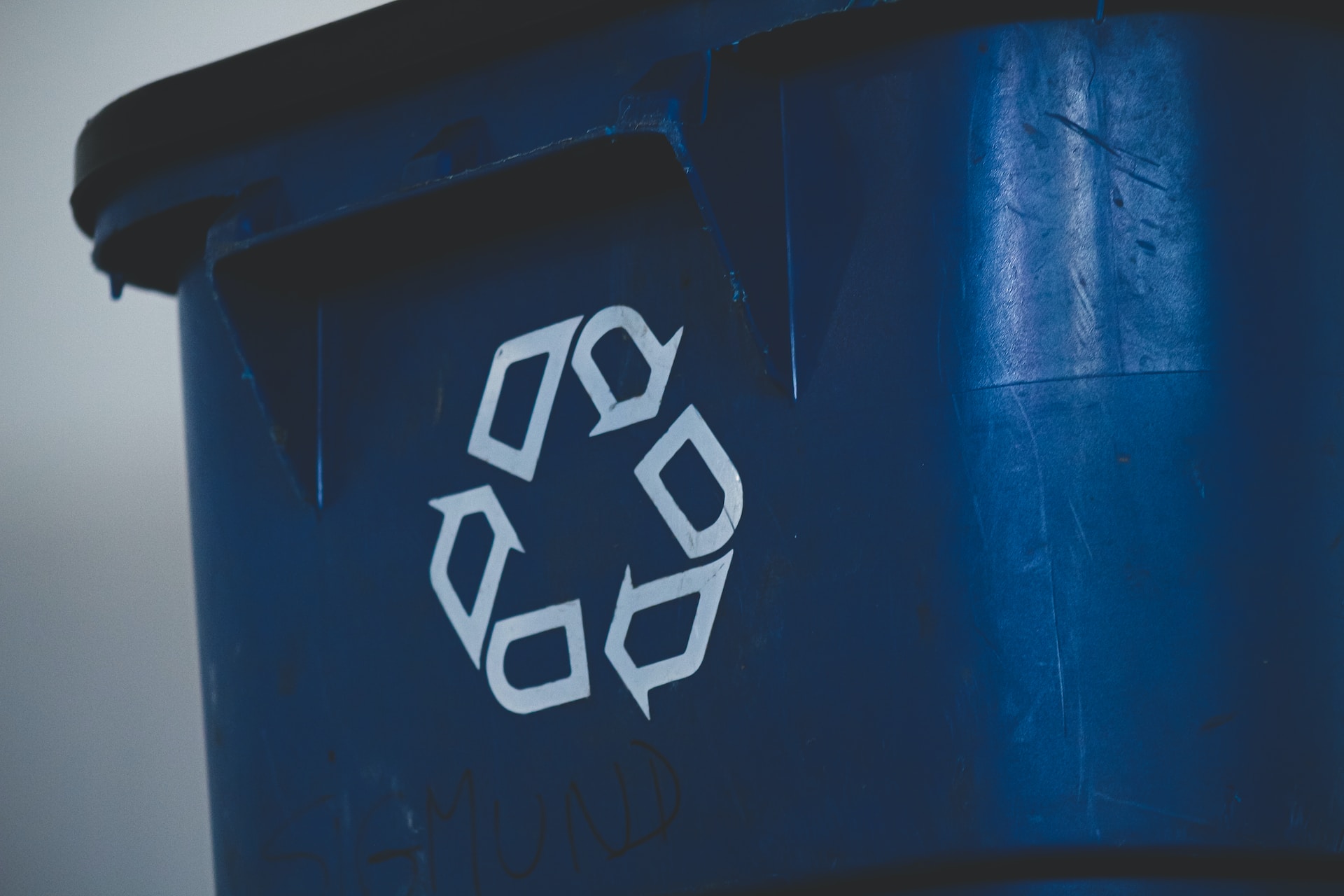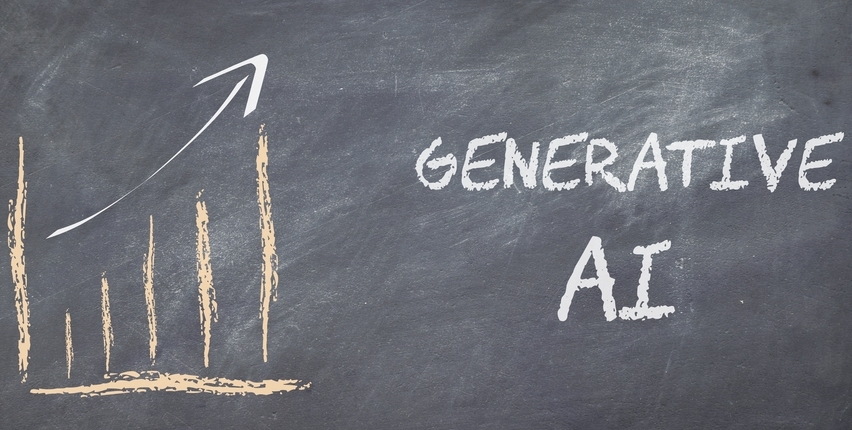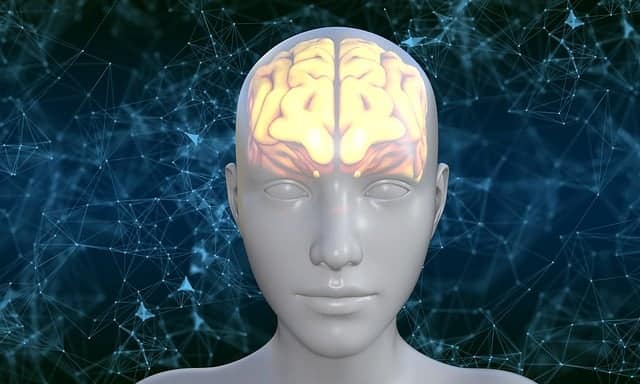Imagine a brighter, cleaner world where recycling becomes more efficient and results in less waste. Dumping less in landfills and reducing environmental impact would be astounding for humankind and planet Earth.
The good news is that recycling is on the right path to reaching this goal. By introducing AI, recycling centers can simplify and speed up the process, becoming essential to today’s world.
AI’s Role in Recycling
With AI, recycling becomes easier and more efficient. Before it came into the picture, recycling was often a huge undertaking. Workers sort trash by hand, which is slow, tedious and sometimes dangerous. Yet, with AI, machines are assisting laborers by doing the job faster and better.
It works through the use of cameras and sensors. Robotic arms use 3D depth-sensing cameras to view the trash on conveyor belts. These cameras identify 1000 pieces of trash per minute, telling the difference between plastic bottles and paper boxes. AI then uses this information to sort the items in a faster, shorter amount of time.
Smart waste management systems also use AI to look at patterns in waste generation. This helps cities understand what trash people produce most and when. With this data, facilities can optimize waste logistics, reducing costs by up to 13.35% and transportation by up to 36.8%.
The Benefits and Challenges of AI in Recycling
Using AI in recycling can produce immense benefits. However, waste management facilities have yet to overcome some challenges.
The Benefits of Implementing AI in Recycling
AI can improve recycling rates. With its accuracy in sorting, it can process more recyclables correctly, reducing the amount of waste that ends up in landfills. This is especially crucial since 35% of the global population does not recycle correctly, often mixing non-recyclable items with recyclables.
Another benefit is the reduction of waste sent to landfills. Since 70% of recyclable materials end up in landfills, AI can minimize environmental pollution by sorting materials faster and more accurately than humans.
Additionally, these intelligent systems reduce the need for manual labor. Humans can only work for a certain period before they need a break. Robots never need to halt work. AI can continue to work in hazardous conditions, maintaining the recycling flow and keeping workers safe. Plus, it fills the gap in labor shortages, allowing companies to bypass the costs it takes to fill positions.
What Are the Challenges of Using AI in Recycling
AI may offer numerous benefits in recycling, but it faces some challenges. One of the most significant is the lack of diverse data for training AI systems. AI needs a ton of data to learn and improve. If the data used to train these systems isn’t varied enough, the AI model could struggle to understand which materials are recyclable. As such, there may be more errors in sorting.
Another issue is the potential for detecting recyclable materials. Sometimes, AI can identify objects incorrectly, contaminating the recycling stream and making the process less effective.
The costs of equipment and maintenance can also be high. AI-powered sensors and sorting robots require a huge upfront investment. Plus, you also have to consider the need for regular maintenance and updates to ensure they function properly.
How Recycling Will Look in The Future With AI
Despite the challenges that exist with AI in recycling, time will allow companies to make strides toward improvement. The recycling industry can expect to see a transformation as AI advances. More sophisticated AI models will be capable of handling a wider variety of materials with greater accuracy. As such, these advancements will increase recycling rates, greatly improving the overall process.
As technology becomes more cost-effective, it will be more accessible to recycling facilities worldwide. Although there are a few obstacles to adopting AI-sorting technologies, giving it a few years will bring promising results for recycling.
AI Is Revolutionizing Recycling
AI is changing recycling for the greater good. It offers higher efficiency, accuracy and safety. Regardless of the issues that exist with it, the future is looking bright. Technology will advance and become more widely available, creating a more sustainable future and ensuring the protection of the planet for generations to come.
The post AI Can Help Us Recycle More appeared first on Datafloq.



